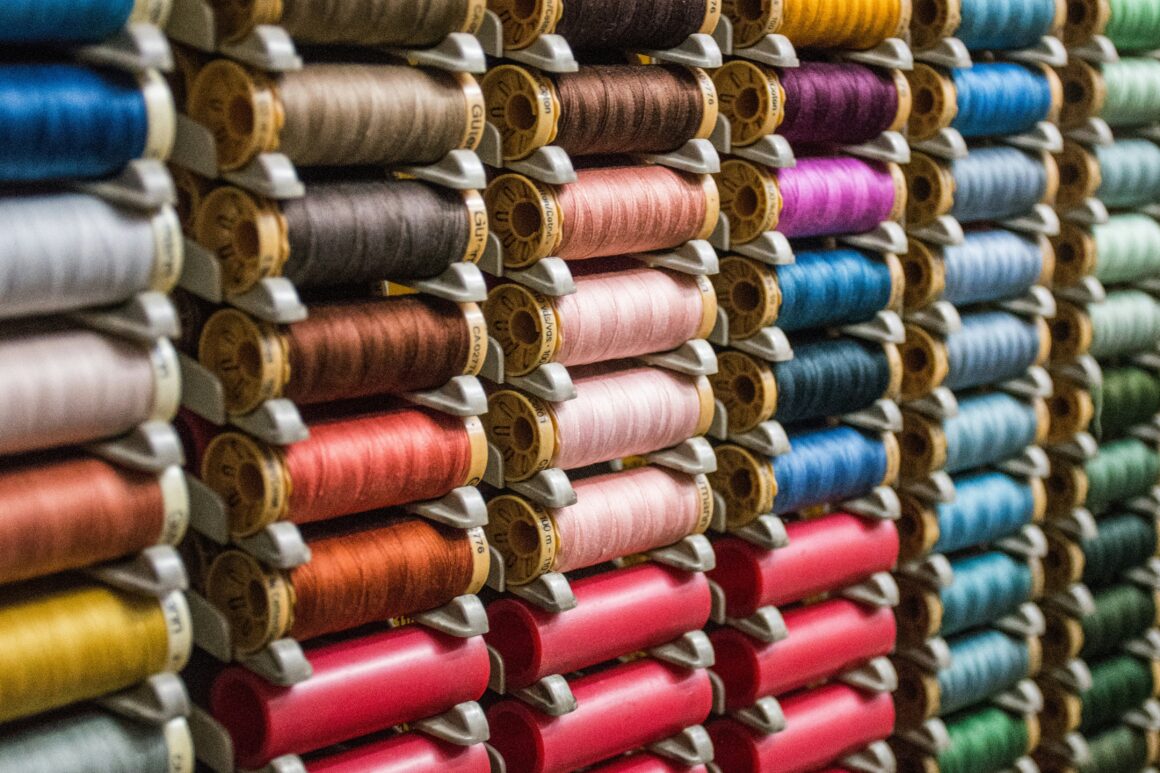The earth gets hotter, the sky gets greyer, the water gets murkier and animals get sicker. On top of all of the other crucial global issues that pile up on our news, it’s now as if the issue of protecting our planet is a last-minute assignment the human race procrastinated. Activists are sounding the alarms while politicians remain unfazed, and our feed begins to blow up with climate change slogans, pollution warnings, and vegan recipes. And with this increased exposure to the importance of preserving the environment comes companies beginning to alter their business plan in accordance with this movement.
But there are two sides to the green enterprise. The corporate, materialistic side saw consumers’ appreciation of “environmentally friendly” products, as well as their underlying anxiety concerning the consequences of their actions on the environment. They saw it and painted their products in the colors of the trees, plastered promotional messages on them that sound deceivingly ethical(“sustainable”, “carbon-negative”, and “natural” are only a few), all the while destroying the same ecosystem they’re claiming to help save. All this to formulate a “green” brand identity.
This now-common form of consumer deception is coined with the term, “greenwashing”. Under all that glamorous earth-colored packaging, greenwashing companies are, essentially, wolves in sheep’s skin.
“Imagine if Arby’s bragged about everything on its menu except roast beef. That’s more or less what oil companies are doing.” #greenwashing https://t.co/sNBOtXbXeo
— Katie Jones (@busybusybusy63) April 24, 2020
This can often be difficult to distinguish, especially because these claims can be so vague. Fiji Water is a popular bottled water brand that takes incredulous effort to push a nature-oriented image as part of its marketing strategy. On their website, which displays a beautiful rain forest landscape the moment you open it, the first drop-down menu on the top left is labeled, “sustainability”. And when you click on it, you are given scores of environmental projects that the brand is enforcing.
You have to give them credit for at least making some efforts. But as it turns out, their “carbon negative” claim was the result of a loophole to deceive the public; they weren’t carbon-negative yet, but they were allegedly planning to by 2037. Their mass production of plastic bottles and long-distance shipping extinguishes their eco-friendly efforts by bucketfuls of carbon emissions. This was just one of their incidents that added on to their already deteriorating reputation as a brand, with their corporate intentions obscured behind the mask of an environmentalist.
This hidden hypocrisy is surprisingly common. You’ve most likely come across ad campaigns encouraging customers to do better for the planet– but look closely, and you’ll find a hint of their marketing tactic. H&M pushes a campaign which on the surface, looks revolutionary for the fashion industry. Their Garment Collecting program takes worn clothes from consumers and recycles it– making sure none of it ends up in landfills. But scrolling on their page isn’t necessary to get to this: “Simply hand in your bag of old clothes at the cash desk and receive a £5/€5 voucher to use towards your next purchase of £25/€25 (or more) in store or online.”
What had so much potential to become a great project sending the right message was turned into an ad for the company’s profit. The “recycling” campaign ignored one of the Rs of recycling that we all had ingrained into our heads in pre-school: Reduce. The foundation of the problem causing pollution, the fall of ecosystems, and ultimately, the climate crisis, lies in mass production and consumption. Discounts on products in return for recycling cannot pass as advocacy for eco-friendly lifestyles, because one the single best way to reduce your carbon footprint is to not purchase.
Fortunately, there are companies that take this into account, even while fully aware of a risk of downfall in sales. Actually, the result was the opposite for Patagonia, the activewear clothing brand that supports environmental activism. Their viral “Don’t Buy This Jacket” campaign, which called for consumers to consider purchasing used Patagonia clothing in place of a brand new buy of their popular fleece sweater, ended up boosting their revenue by 30% in 2012. This statistic displays the pointlessness of using increased climate awareness to target customers. Patagonia showed businesses what consumers really want– genuine transparency that reveals true efforts to make a change.
https://www.instagram.com/p/Br58VclnBOn/
In truth, I was disappointed to find difficulty in looking for wholly ethical brands that are making radical changes to reduce their adverse environmental impact and influence others to do the same. Even Unilever, which received multiple awards for sustainable and ethical efforts, have multiple flaws in their so-called “Sustainable Living” plans. Of course, not everything can be wrinkle-free. But it becomes an issue when companies boast their green projects that have, in comparison to their claims, a relatively minuscule impact. Or when they try to profit off of consumers trying to adopt more eco-friendly lifestyles by shopping responsibly.
Let’s state the obvious: Brands should stay true to the actual results of their sustainability projects in their advertisements, those projects should follow strict and functioning guidelines with measurable goals, and it’s essential for companies to be completely transparent in their sustainability reports(without burying statistics under pages of information!).
Green marketing continues to grow. And while it is, in part, spreading the right message, it’s important to distinguish the brands that you should be supporting and investing in. Like I said, perfection is hard to achieve. But with more journalists uncovering brands that wrongly take advantage of the increase in environmental awareness, there could be a greater future for authentic green production. As consumers, we have to make a point about the impermissible harm that companies are inflicting on our planet, and continue to praise the brands that are doing the good, and call out the ones that are not; especially if they are deceptive.
Image via Instagram


